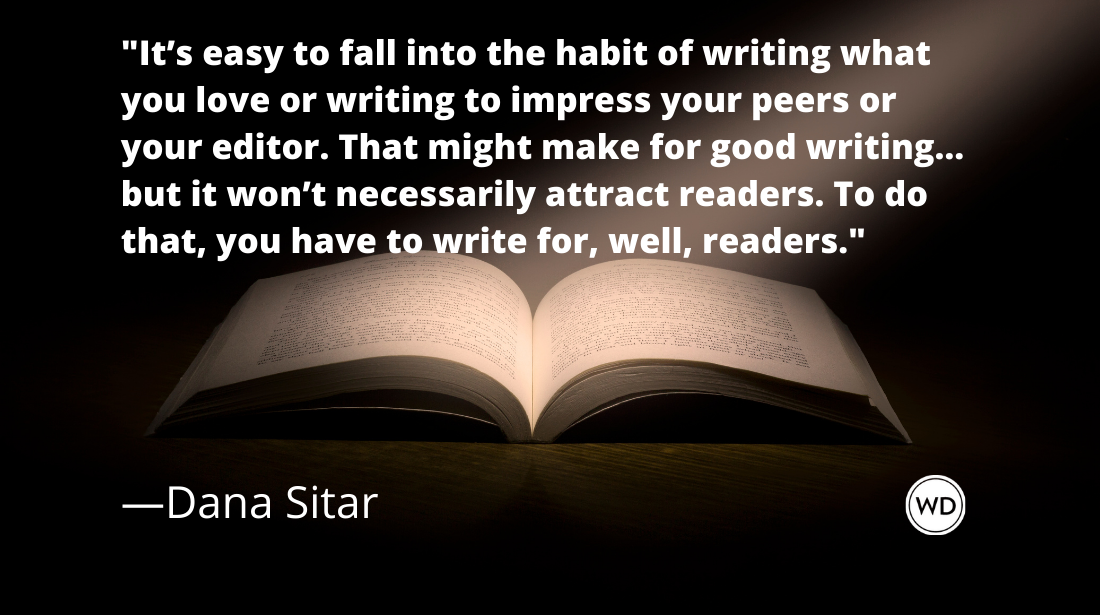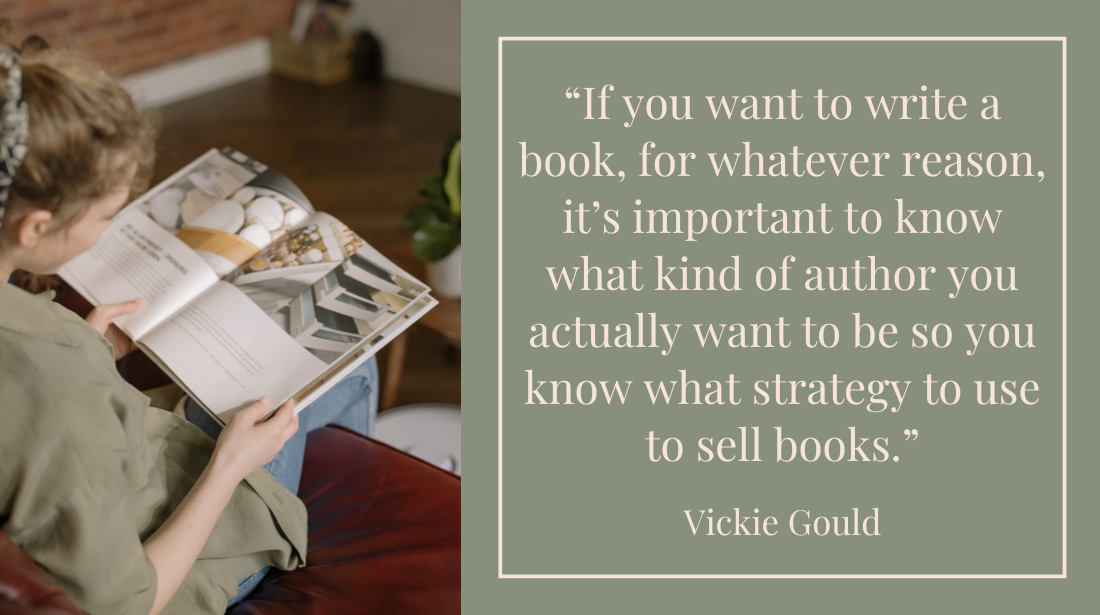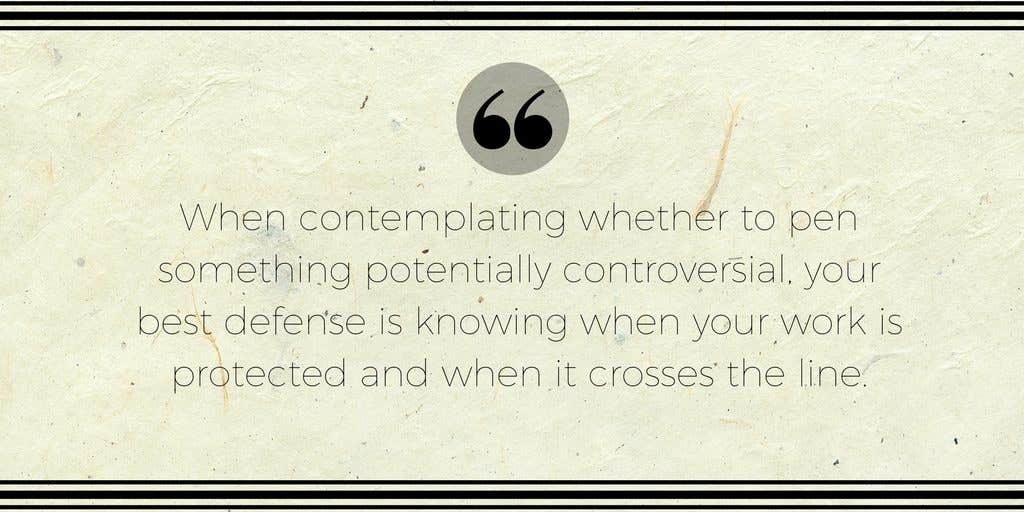Do Men Read?
Here’s a look at the curious reading (and book-buying) habits of guys.
OK, I know men can read. I know they read Maxim, Esquire, The Wall Street Journal and Who Moved My Cheese? But do they read novels, as in commercial and literary fiction? Or do they follow General Robert E. Lee's credo: "Fiction weakens the mind"?
Conventional publishing industry wisdom has it that guys just don't buy fiction. Men account for only 20 percent of novel sales—and we all know that Tom Clancy has taken that measly 20 percent hostage.
Because statistics don't really show the whole story here, I looked around my own home for insight on male reading behavior. My husband reads, but only nonfiction, specifically newspapers and whatever business book is on the bestseller list that month—he's also forever trying to foist budget-planning books on me. The last time he read a novel was 15 years ago when he read The Catcher in the Rye, apparently to impress me with clever literary repartee.
I'm also engaged in a never-ending battle to get my 14-year-old son to read something besides Sports Illustrated and Mad. I read Dr. Seuss to this child in utero. He teethed on Great Expectations—surely he should be a great reader, right? Wrong. I've given him Treasure Island, Tom Sawyer, the first three Harry Potters, and the story collection Guys Write for Guys Read. The books sit in his closet, like so many unloved gym shoes.
And it's not likely to get any better. Karen Holt, deputy editor of Publishers Weekly, says: "The gap starts early, as girls in elementary and middle school read a lot more than boys, picking up a lifelong habit that most men never develop. Whether by cause or effect, most novels are published with women in mind."
You have to wonder if there's a genetic bias at play here. Is there an underlying stigma that men who read novels are on par with men who drink soy lattes and get facials? Is there some unwritten code, an alpha male bias, that real men don't read fiction?
Author Steve Almond offers his own honest assessment of the male psyche. "Men don't read fiction because they don't want to deal with complicated, painful internal conflicts," he says. "They're in retreat from that, which is why they watch 'SportsCenter,' instead. I suspect this has to do with how the genders are socialized. Women are allowed to live closer to their emotions, to have quiet time, and men are pushed to externalize and not admit they're in pain."
Lad lit languished A couple of years ago, the publishing industry was mildly swept up in the trend—sparked by Nick Hornby's novel, High Fidelity—of men writing novels for men, à la chick lit. Books such as Love Monkey by Kyle Smith and Booty Nomad by Scott Mebus soon followed. The genre was christened lad lit, and it tanked almost as soon as The New York Times recognized it as a "trend."
Maybe this lack of male book buyers also has to do with gender behavior in another sense: The fact is, women tend to be the shoppers. And perhaps, as Pages editor John Hogan told me, women more often find themselves at shopping centers where books are sold.
The books men do purchase tend to be purchased on brand. Brand loyalty, Hogan says, is especially important to the male book buyer—the brand being a recognizable name like Harlan Coben or Scott Turow. This makes it more difficult for an unknown author geared toward a male audience to get recognized.
Lou Harry, co-author of the novel The High-Impact Infidelity Diet and editor in chief of Indy Men's Magazine, thinks time—or lack of it—is also a factor. "There's a window of time between the ages of 25 and 45 when men need convincing that what they're reading is worth the time. It's essential that the writer convince us from word one that we're in the hands of someone with something to say and the skills to say it."
If there's one predictable fact about the publishing industry, it's this: If a market exists for a book, they're going to publish it. So if you're that writer with something to say, the skills to say it and a male target audience, don't be too discouraged. Maybe their wives will buy your book.
Maria Schneider is a former editor of Writer's Digest magazine.









